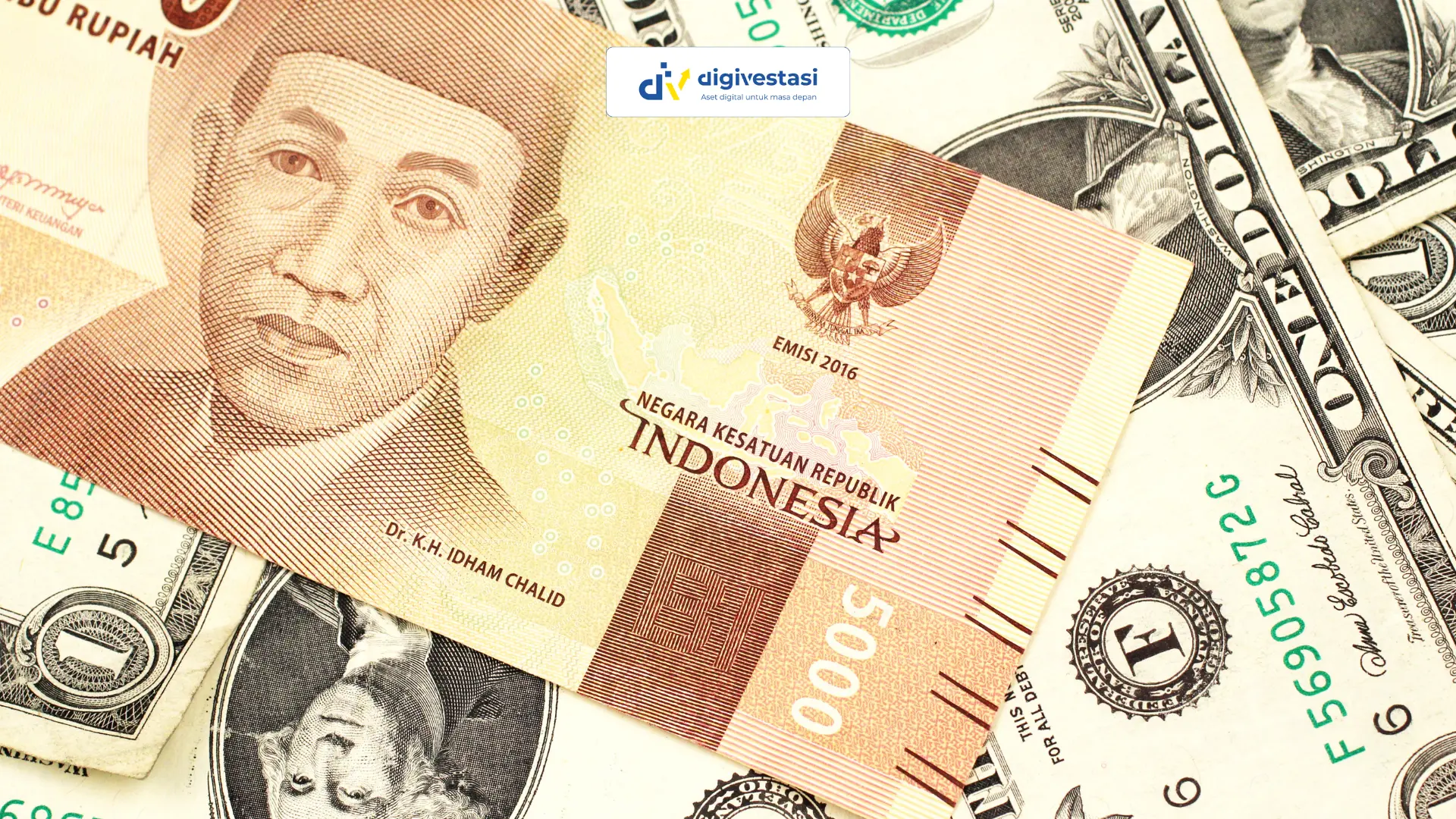
News Update
The Dracin Fever Intensifies! Southeast Asians Are Addicted to Chinese Dramas
/index.php
Bisnis | Ekonomi - Posted on 12 November 2025 Reading time 5 minutes

The year 2025 marks a major milestone for Indonesia, Iran, and Syria, as all three nations have announced plans to remove zeros from their national currencies, a policy known as redenomination.
Redenomination refers to the simplification of currency denominations by reducing digits, without affecting purchasing power or the value of money in relation to goods and services.
According to the Indonesian Treasury Review, Volume 2, Issue 4, 2017, published in the Journal of Treasury, State Finance, and Public Policy, many countries have implemented redenomination since the 19th century. Between 1960 and 2003, at least 38 out of 60 nations carried out such measures.
Thus, the recent redenomination efforts by these three nations are not new; however, they are being pursued to strengthen their currencies once again. Below is the detailed breakdown:
Syria was the first among the three to announce its redenomination plan. In August 2025, the newly established government led by Ahmed al-Sharaa revealed plans to introduce new banknotes while removing two zeros from its national currency, the Syrian Lira.
The move aims to restore public confidence in the Lira, which has lost more than 99% of its value since the outbreak of war in 2011, according to Reuters reports cited by Gulf News.
Currently, the Lira trades at around 10,000 per U.S. dollar, compared to only 50 per dollar before the conflict began.
The new administration believes redenomination will help stabilize the economy following the fall of Bashar Al Assad’s regime in December 2024, ending 14 years of war that devastated Syria’s economy and population.
Beyond practical benefits, the move also carries symbolic weight, as it removes the Assad family’s legacy from the national currency — with the 2,000-pound note bearing Bashar’s portrait and the 1,000-pound note featuring his father, Hafez Al Assad.
Documents from the Syrian Central Bank seen by Reuters show that commercial banks were notified in mid-August about plans to issue new currency with fewer zeros to simplify financial transactions and improve monetary stability.
Banking sources said that Syria has contracted Goznak, a Russian state-owned printing company, to produce the new notes following a high-level delegation visit to Moscow in late July. Goznak had previously printed Syrian currency during Assad’s rule.
The new leadership has vowed to move toward a freer market economy and lift restrictions on foreign currency use, though in reality, the U.S. dollar still dominates trade across shops, gas stations, and local markets. The reform also seeks to regain control over roughly 40 trillion Lira circulating outside the formal banking system.
However, economists urge caution. Karam Shaar, a Syrian economist and UN advisor, noted that while removing zeros and changing portraits is politically symbolic, it might confuse consumers, especially the elderly.
“As an alternative, Syria could introduce higher denominations, such as 20,000 or 50,000-pound banknotes, achieving similar convenience without the enormous cost of a full currency overhaul, which could run into hundreds of millions of dollars,” he said.
Another Middle Eastern nation, Iran, has also approved a plan to redenominate its currency by cutting four zeros from the rial.
As reported by Reuters, the policy aims to simplify transactions after years of high inflation, with Iran’s inflation rate consistently above 35%.
This economic strain caused the rial to plummet to 1,150,000 per U.S. dollar on the open market, according to data from currency tracker Bonbast.
The government’s announcement came in early October, following parliamentary approval of a long-discussed bill.
“The currency will remain the rial, and the transition won’t happen overnight,” said Shamsoldin Hossein, head of the parliamentary economic committee, in an interview with state TV.
The Central Bank of Iran will have two years to prepare, followed by a three-year transitional period where both old and new notes will circulate simultaneously.
Hossein explained that redenomination will make daily transactions and accounting simpler, though high inflation has significantly reduced the utility of cash.
Nevertheless, some lawmakers remain skeptical. Hossein Samsami, a member of parliament, argued that national currency prestige cannot be restored merely by removing zeros, but rather through strengthening the real economic fundamentals behind it.
Similarly, Indonesia has included a redenomination initiative in the strategic plan of Finance Minister Purbaya Yudhi Sadewa for 2025–2029.
According to the Minister of Finance Regulation (PMK) No. 70 of 2025 on the Strategic Plan of the Ministry of Finance 2025–2029, issued on October 10, 2025, the government aims to prepare the legal foundation for redenomination between 2026 and 2027, through a Bill on Rupiah Value Adjustment (Redenomination).
“The Bill on Rupiah Value Adjustment (Redenomination) is a follow-up regulation expected to be finalized in 2027,” reads the PMK 70/2025 document, quoted on Tuesday, November 11, 2025.
However, Indonesia’s redenomination plan actually dates back to 2013, but has yet to be realized to this day.
Source: cnbcindonesia.com
What do you think about this topic? Tell us what you think. Don't forget to follow Digivestasi's Instagram, TikTok, Youtube accounts to keep you updated with the latest information about economics, finance, digital technology and digital asset investment.
DISCLAIMER
All information contained on our website is summarized from reliable sources and published in good faith and for the purpose of providing general information only. Any action taken by readers on information from this site is their own responsibility.